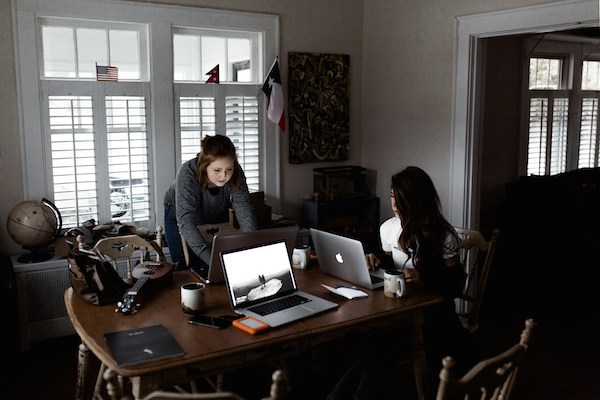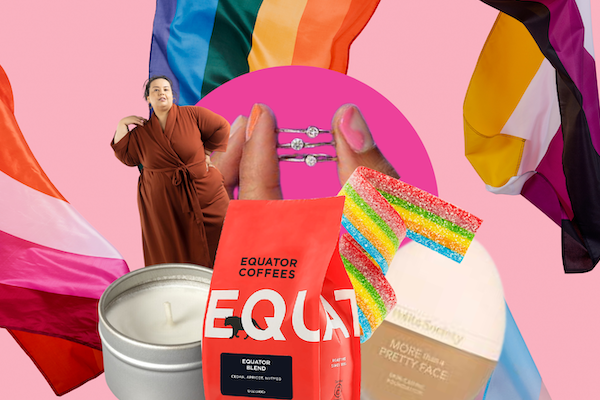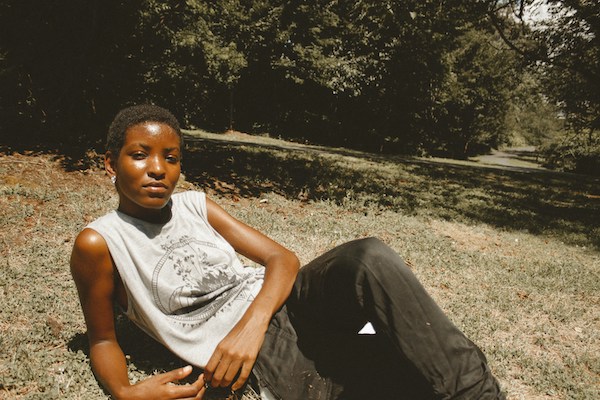
Brittney Griner Pleads Guilty in Russia
July 7, 2022
The First Lady Turned Me Into an Eleanor Roosevelt Stan
July 11, 2022Have you ever wondered if you were genuinely attracted to men or if you were just being pressured by social norms? If that is the case, it means that you questioned if you were subject to what we call “compulsory heterosexuality,” also known as comphet.
First theorized by feminist essayist Adrienne Rich in 1986, comphet is the idea that heterosexuality isn’t the default human sexual orientation, that we don’t have to be straight. She said that heterosexualilty is a social construct that controls women and erases lesbians.
Indeed, from the youngest age women are “forced” into heterosexuality and its expectations. They can barely question and explore their actual preferences because of three main factors: social standards enforced by the “male gaze” (i.e. the fact that mainstream culture is dominated by the cishet man perspective), peer pressure (the “you have to be in couple with a man, to get married and to have his children” conformism), and oppressive legislations towards LGBTQ+ individuals.
For sure, bisexual and pansexual women do exist (I’m one of them). However, this orientation can’t be taken out of its social context. That is why the comphet theory can be interesting for those who wish to interrogate their orientation.
“Do I envision heterosexual and lesbian relationships with the same seriousness? Do I experience different relational dynamics because I divide romantic and sexual orientation? Do I hang out with men because I sincerely enjoy it or is it because this is what society expects me to do?” are among those considerations that I think are necessary to push away a tendency towards compulsory heterosexuality.
However, this questioning can be quite long. Determining your true orientation is complex because at the same time you need to take a lot of perspective on your past relationships (“maybe I dated them out of social expectation”) and you have to accept a certain fluidity (“my preferences may have evolved with age”).
But that’s not the only problem here. Deconstructing your biases is one thing, but being able to picture yourself out of the heterosexual norm is wholly different and even scary.
For me, who grew up with little to no representation of lesbian couples and especially of Black ones, the possibility of dating beyond the heterosexual scope was not a given. Deep down I knew that I regularly felt attraction to non-men, but like many bi/pan women I just couldn’t conceive something different than the “reassuring” and known heterosexuality.
Obviously, lesbians deal with this harsh lack of visibility as well, surely even more violently as they completely define themselves out of the heterosexual spectrum. But since we are on this very same boat, shouldn’t we be more patient towards one another? Is the real enemy the woman in denial of comphet or heterosexuality being an oppressive social construct?
Personally, I don’t believe in the numerous “do your research” stances I often come across on social media whenever this topic generates tension. I think women need direct accompanying, pedagogy, and time to develop the keys to emancipate themselves from comphet.
As an activist who loves discussing more ~theoretical~ concepts like comphet, I used to struggle to understand how much women may feel invalidated in both their feelings and life experiences by the radicality of such notions. This is a reality that must be taken into account when we talk about deconstructing the concept of heterosexuality.
Yes, we need to radically change lesbian representation and eradicate the way gender is used to submit women in relationships. Nevertheless, and despite the urgency, we need to keep this “emotional” component in mind to make sure that women understand what they can gain through the questioning of heterosexuality.





